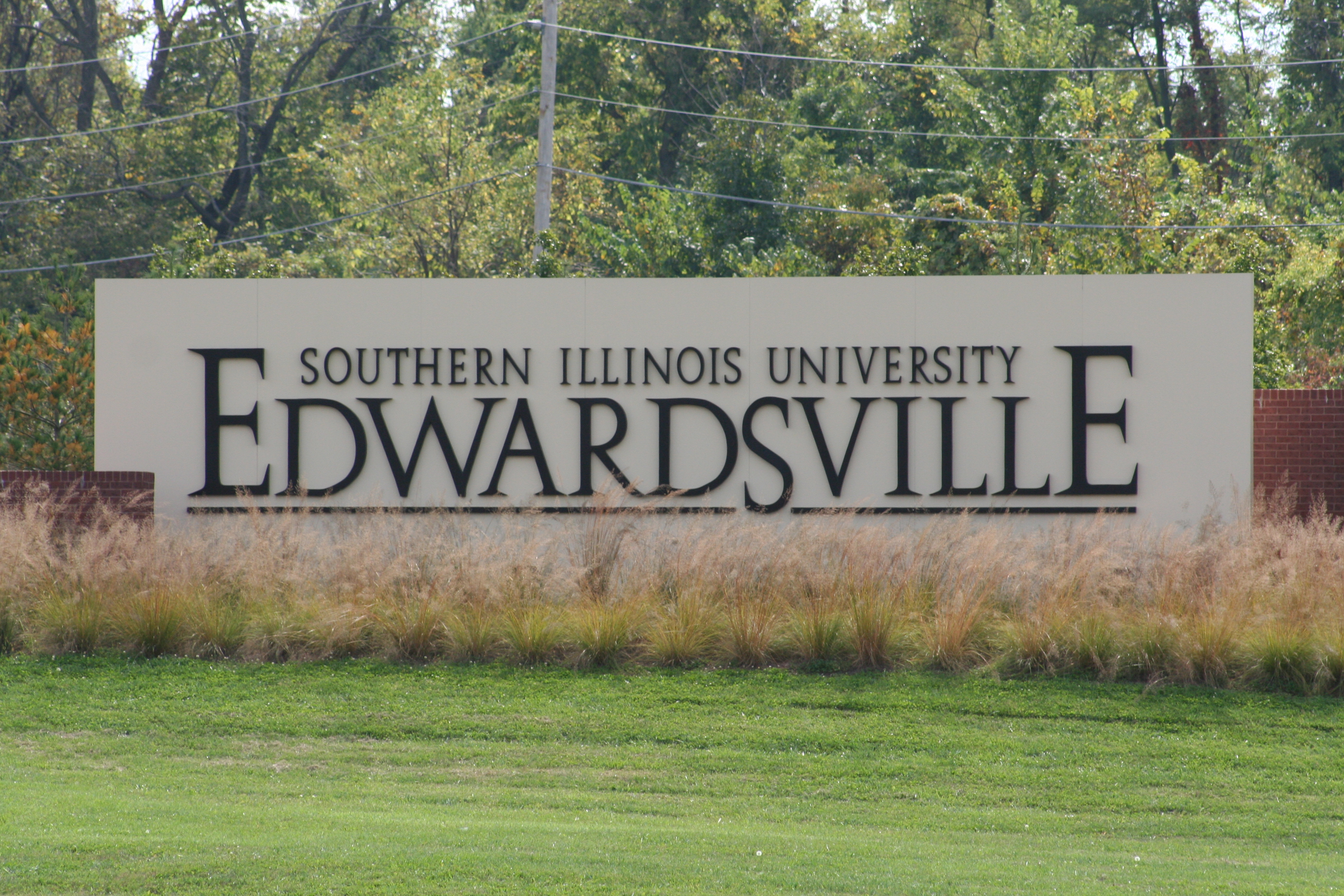- Details
 |
Every year, U.S. News & World Report ranks the best online programs in the country. More than 1,600 programs were ranked in total, which encompass Bachelor’s programs as well as seven different fields of graduate programs, including nursing, computer information technology, criminal justice, education, business (non-MBA), MBA and engineering.
Today Illinois programs made impressive rankings in more ways than one. Out of 353 colleges, the University of Illinois-Chicago came in third for the best Bachelor’s program, moving up from fifth place last year.
In addition, Illinois was ranked number 1 in the graduate nursing category. Rush University, also located in Chicago, had the best ranking out of 183 colleges.
- Details
 The meat alternative trend has been on a steady increase, and it has the potential to substantially cut carbon emissions. Gaining momentum and popularity, meat alternatives, like the Impossible Burger, could shape a meatless future. A future where the human diet consists of less meat is potentially vital to the overall health and conservation of the environment.
The meat alternative trend has been on a steady increase, and it has the potential to substantially cut carbon emissions. Gaining momentum and popularity, meat alternatives, like the Impossible Burger, could shape a meatless future. A future where the human diet consists of less meat is potentially vital to the overall health and conservation of the environment.
According to the Sierra Club, 27.0 kilograms of CO2 are emitted for every one kilogram of beef consumed. Also, Beef cattle are responsible for a quarter of the emissions from American agriculture. The UN released a statement last August noting if humans universally ate less meat, worldwide emissions could potentially decrease as much as eight gigatons annually. Soy beans, one of the main ingredients of meatless meats, may be one of many answers to combat meat-related CO2 emissions.
- Details
 University of Illinois at Urbana-Champaign (UIUC) has been named one of the Top 20 Coolest Schools of 2019 by Sierra Magazine, the national magazine of the Sierra Club, which celebrates environmentally friendly colleges across the country.
University of Illinois at Urbana-Champaign (UIUC) has been named one of the Top 20 Coolest Schools of 2019 by Sierra Magazine, the national magazine of the Sierra Club, which celebrates environmentally friendly colleges across the country.
Sierra Magazine praised a variety of eco-conscious student groups at UIUC, who play a large part in lessening the campus’s environmental footprint.
- Details

To compile its list, Affordable Schools considered more than just the average cost of attendance. The rankings also took into account the program’s student-to-faculty ratio and its national standing as determined by U.S. News and World Report. Affordable Schools praised SIUE’s opportunities for hands-on learning and its individualized coursework, as well as its focus on preparing students to sit for the National League for Nursing Certified Nurse Educator examination after they graduate. Benedictine University in Lisle, Illinois, joined SIUE in the top 15.
- Details
 With the University of Illinois’ world-renowned Science and Engineering departments, it’s no surprise that six U of I researchers have received the Presidential Early Career Award for Scientist and Engineers this year. The award is the highest honor the U.S. government can bestow upon young professionals at the beginning of their independent research careers.
With the University of Illinois’ world-renowned Science and Engineering departments, it’s no surprise that six U of I researchers have received the Presidential Early Career Award for Scientist and Engineers this year. The award is the highest honor the U.S. government can bestow upon young professionals at the beginning of their independent research careers.
This year’s winners include mechanical engineering and science professors Gaurav Bahl and Kelly Stephani, materials science and engineering professor Pinshane Huang, chemistry professor Prashant Jain, molecular and integrative physiology professor Daniel Llano, and physics professor Julia “Jessie” Shelton.
These young scientists and engineers are eligible to receive a research grant for up to five years, allowing them to further their studies in support of critical government missions. The federal agencies involved include the departments of Agriculture, Commerce, Defense, Energy, Health and Human Services, and Veterans Affairs; the National Aeronautics and Space Administration; and the National Science Foundation.
More Articles …
- Illinois students see increase in ACT scores
- Illinois universities ranked in list of top 100 colleges
- Washington Community High School student wins first place in national video contest
- EIU sees enrollment increase for the first time in over 10 years
- Lewis University ranked fifth best college for veterans in the U.S.



